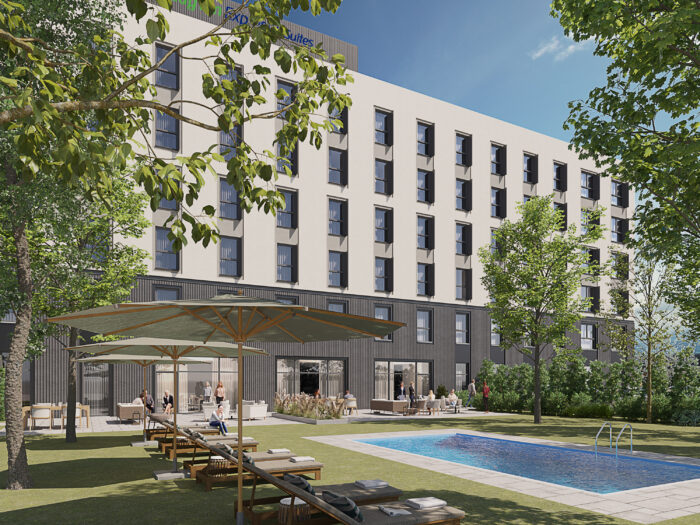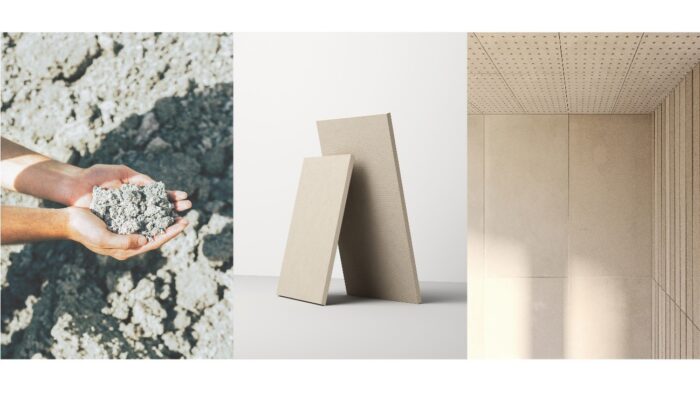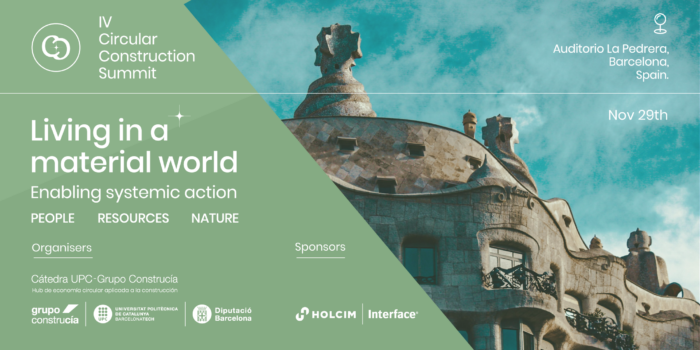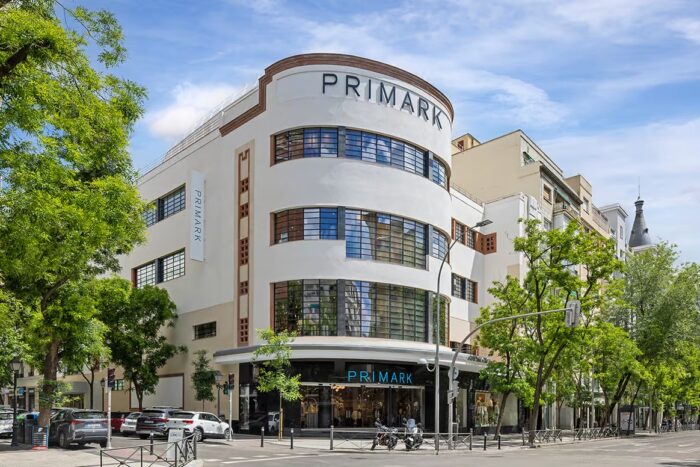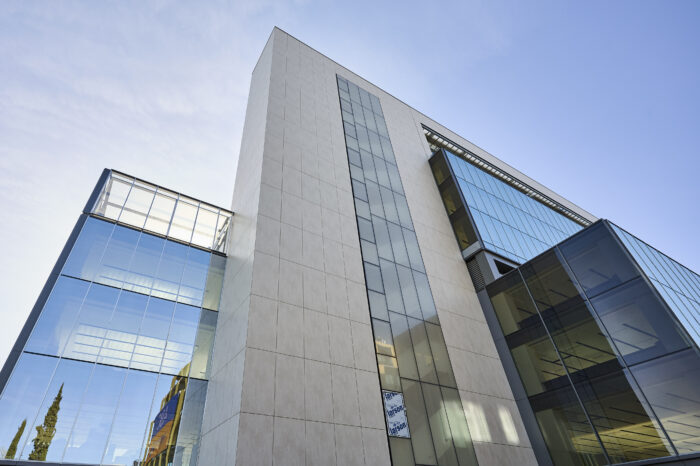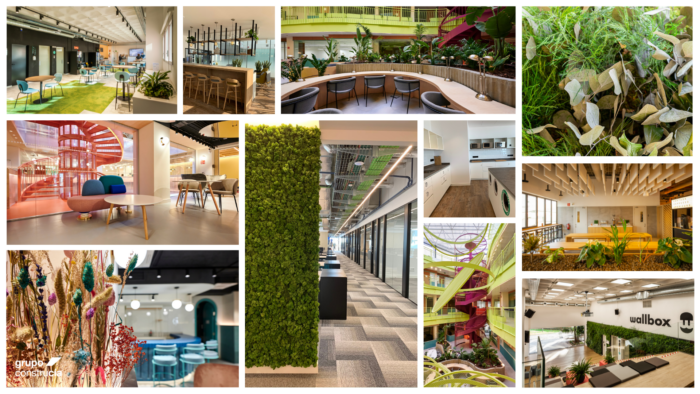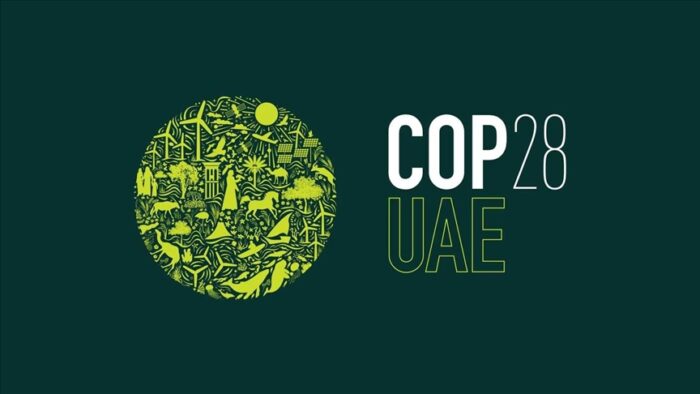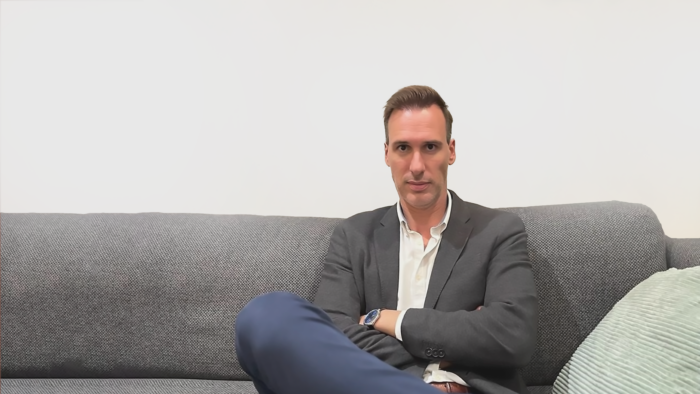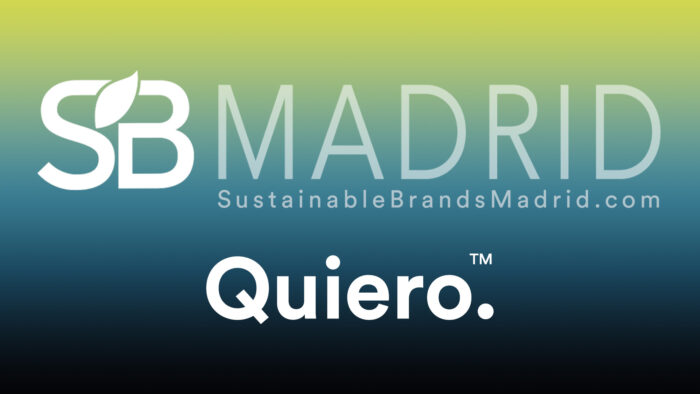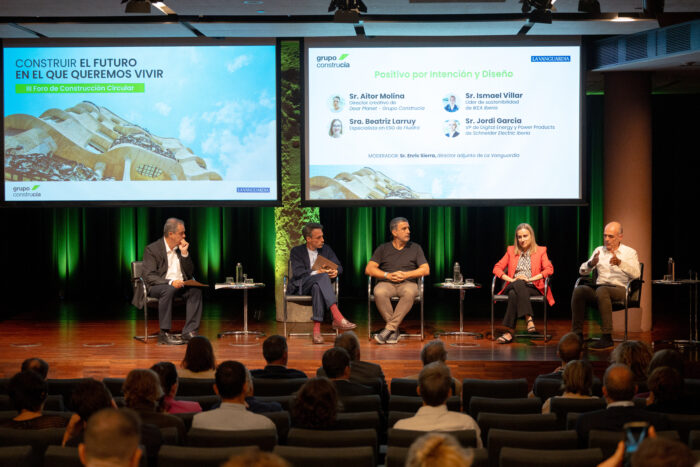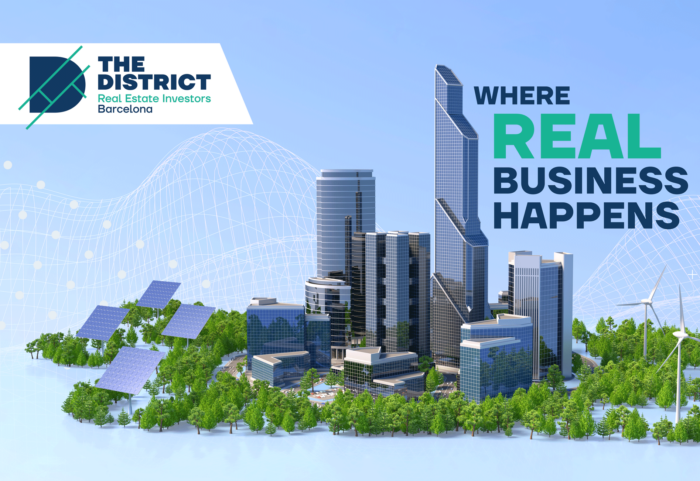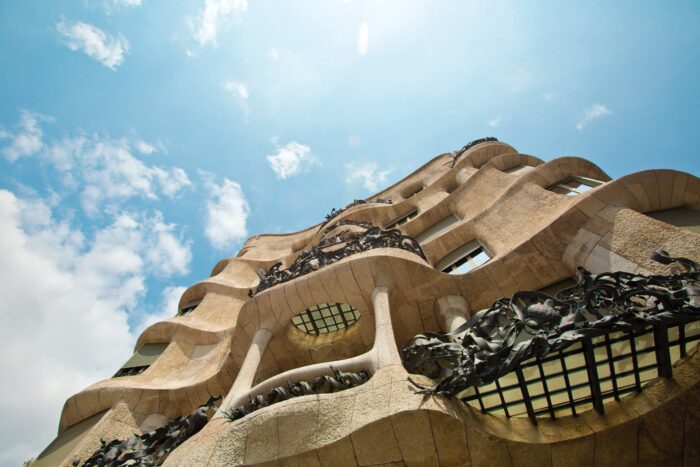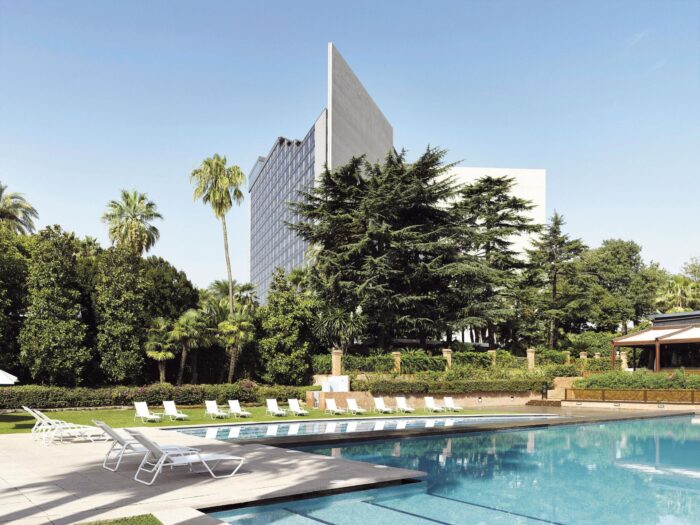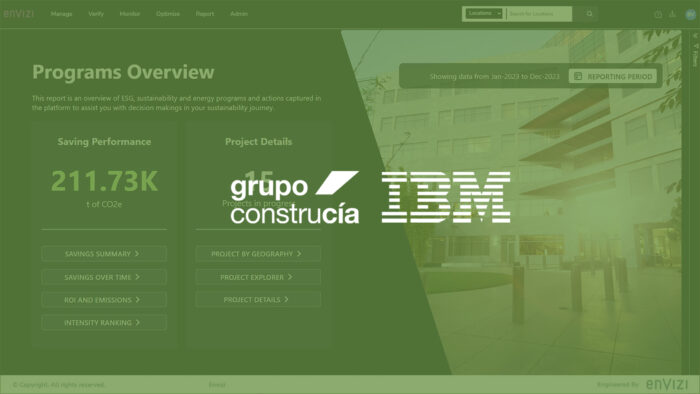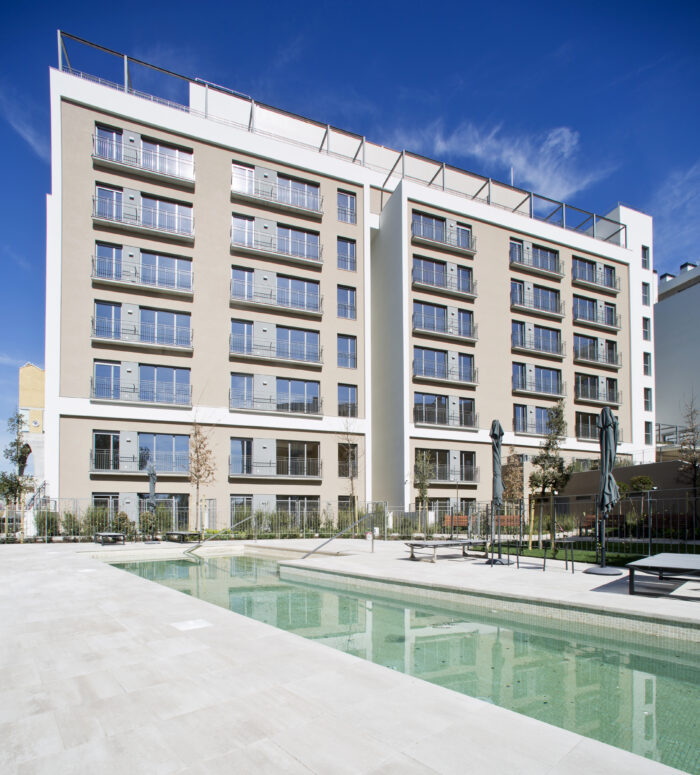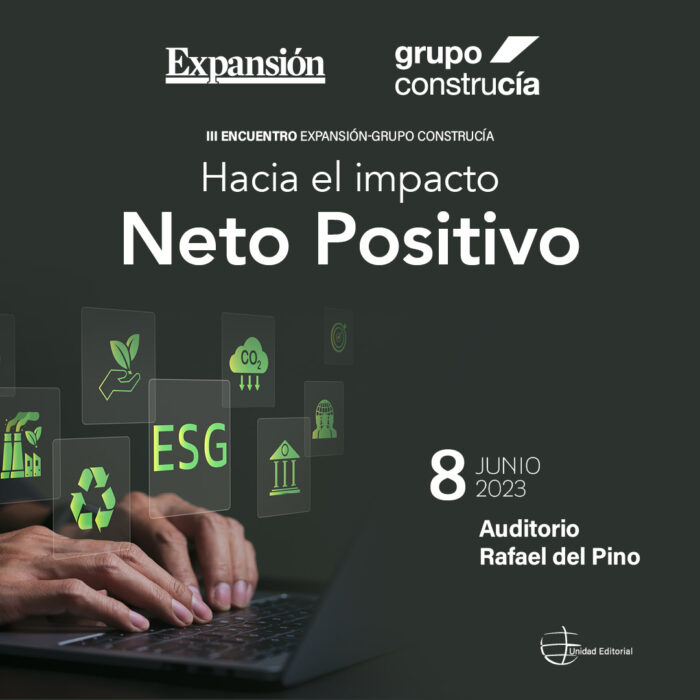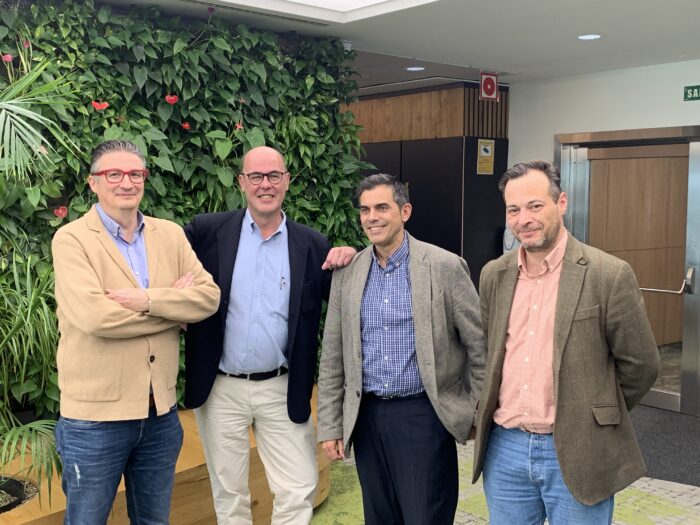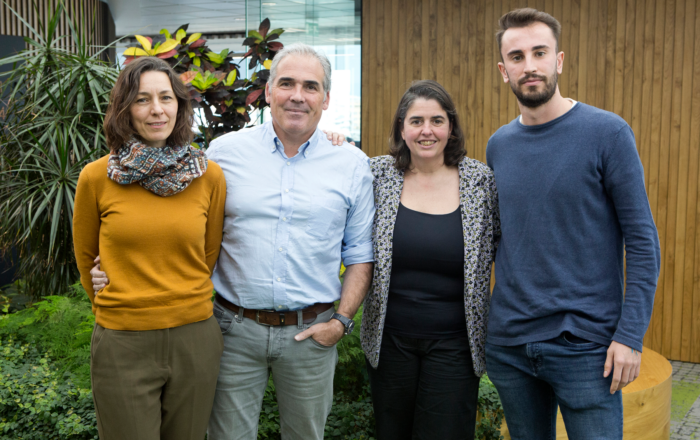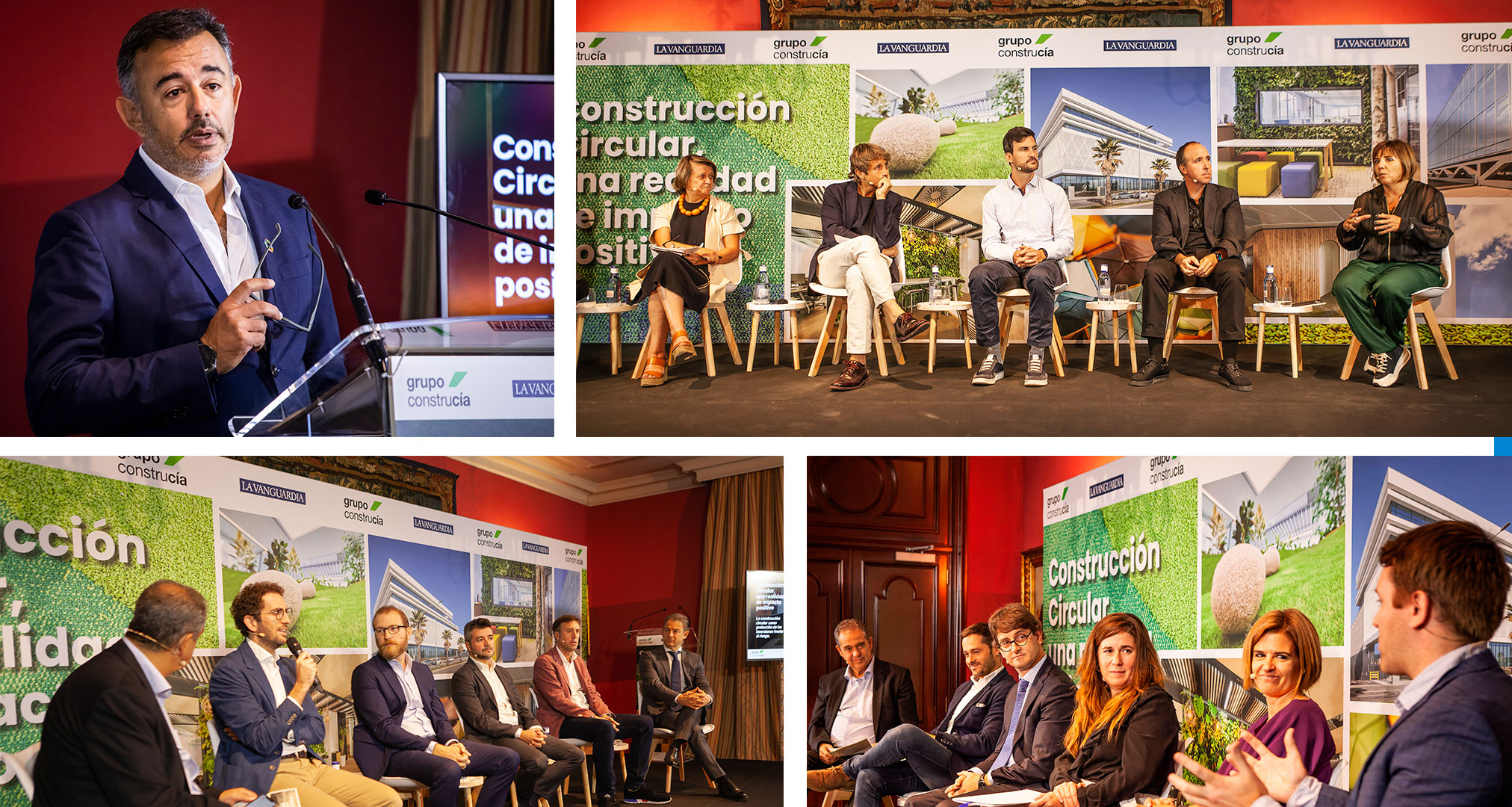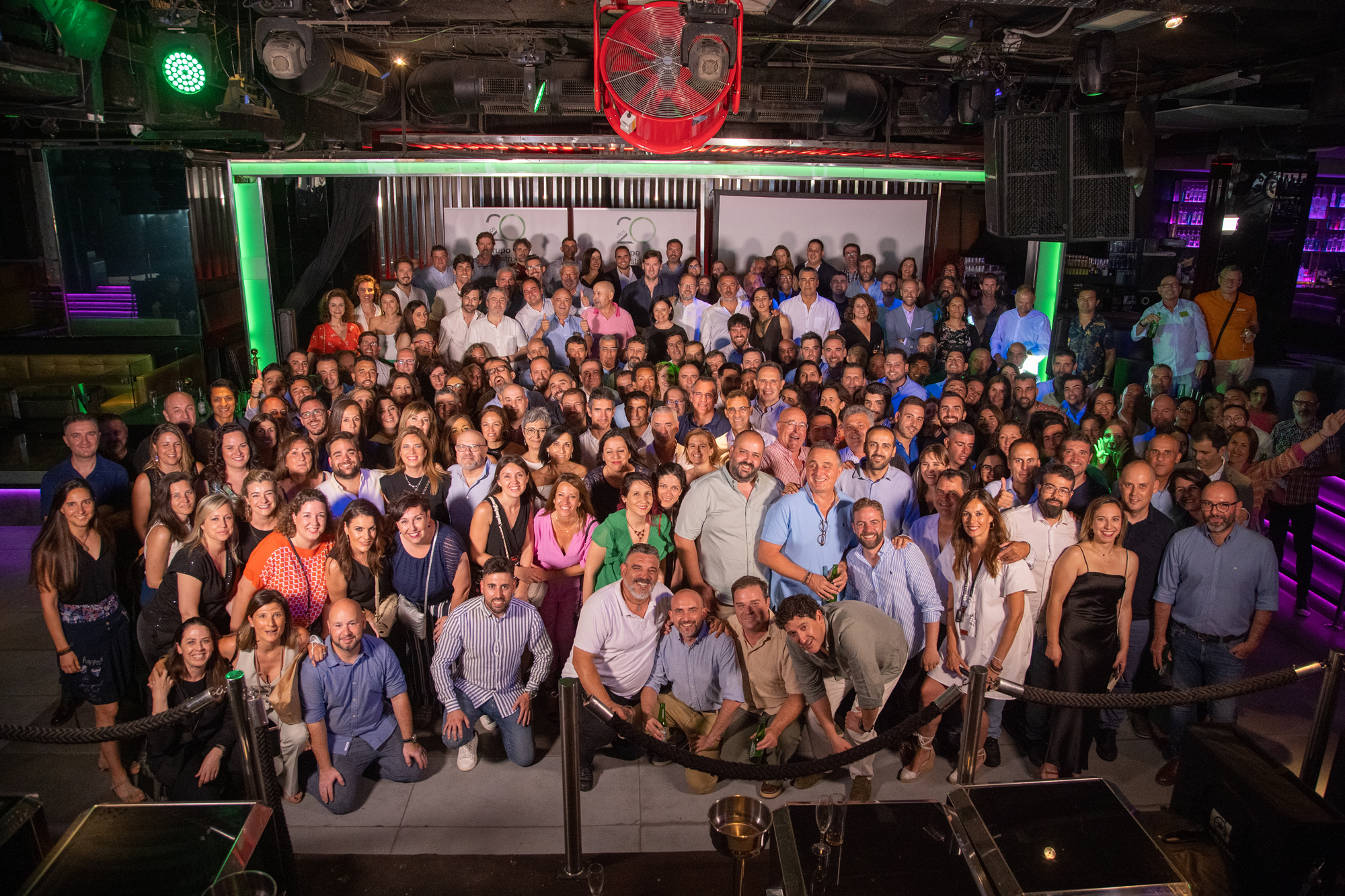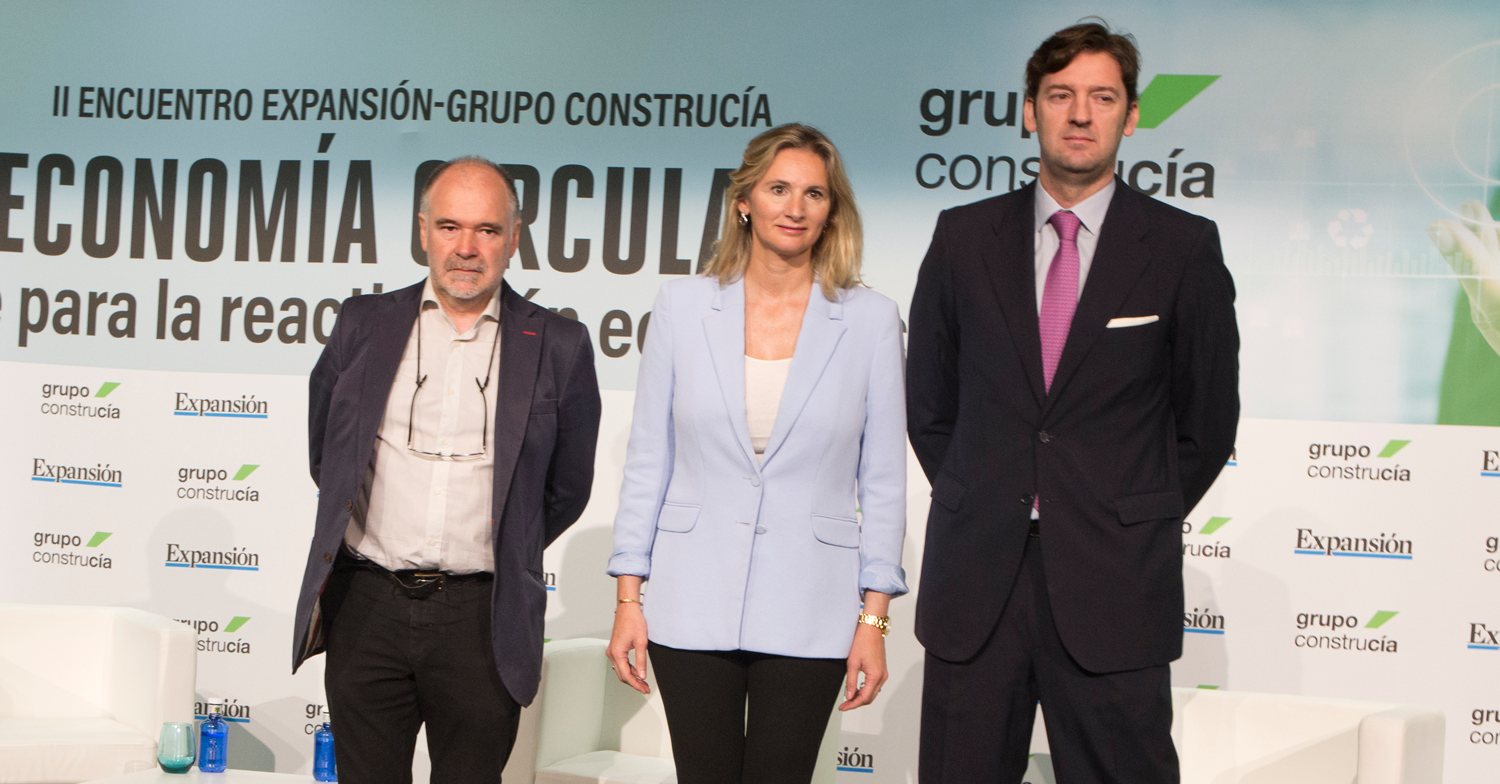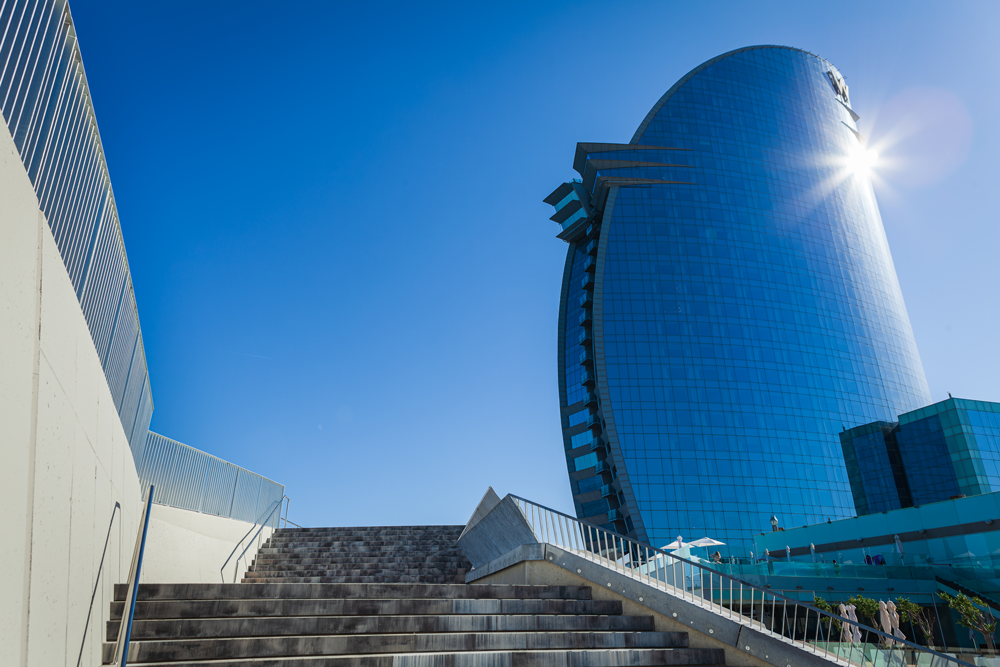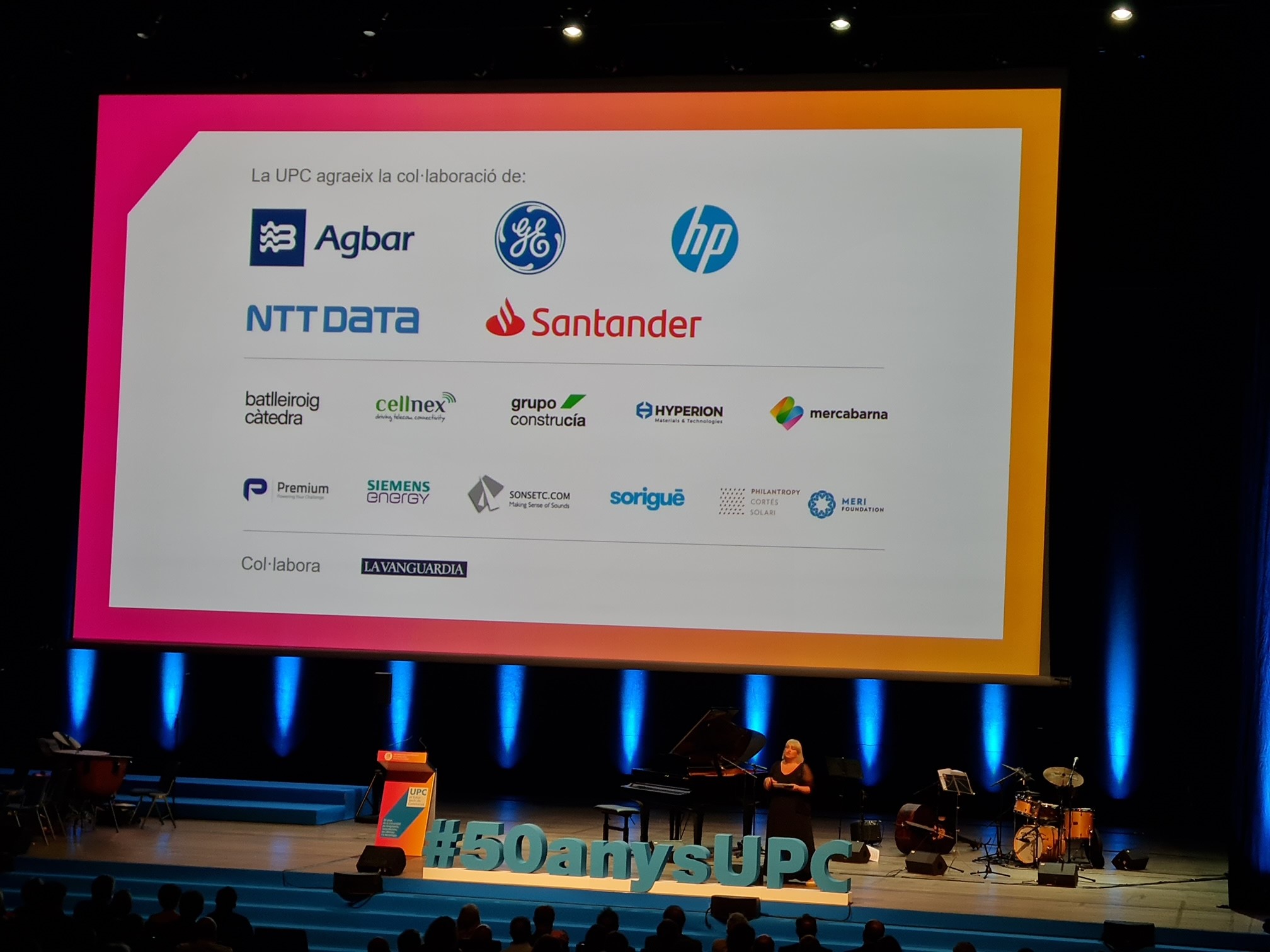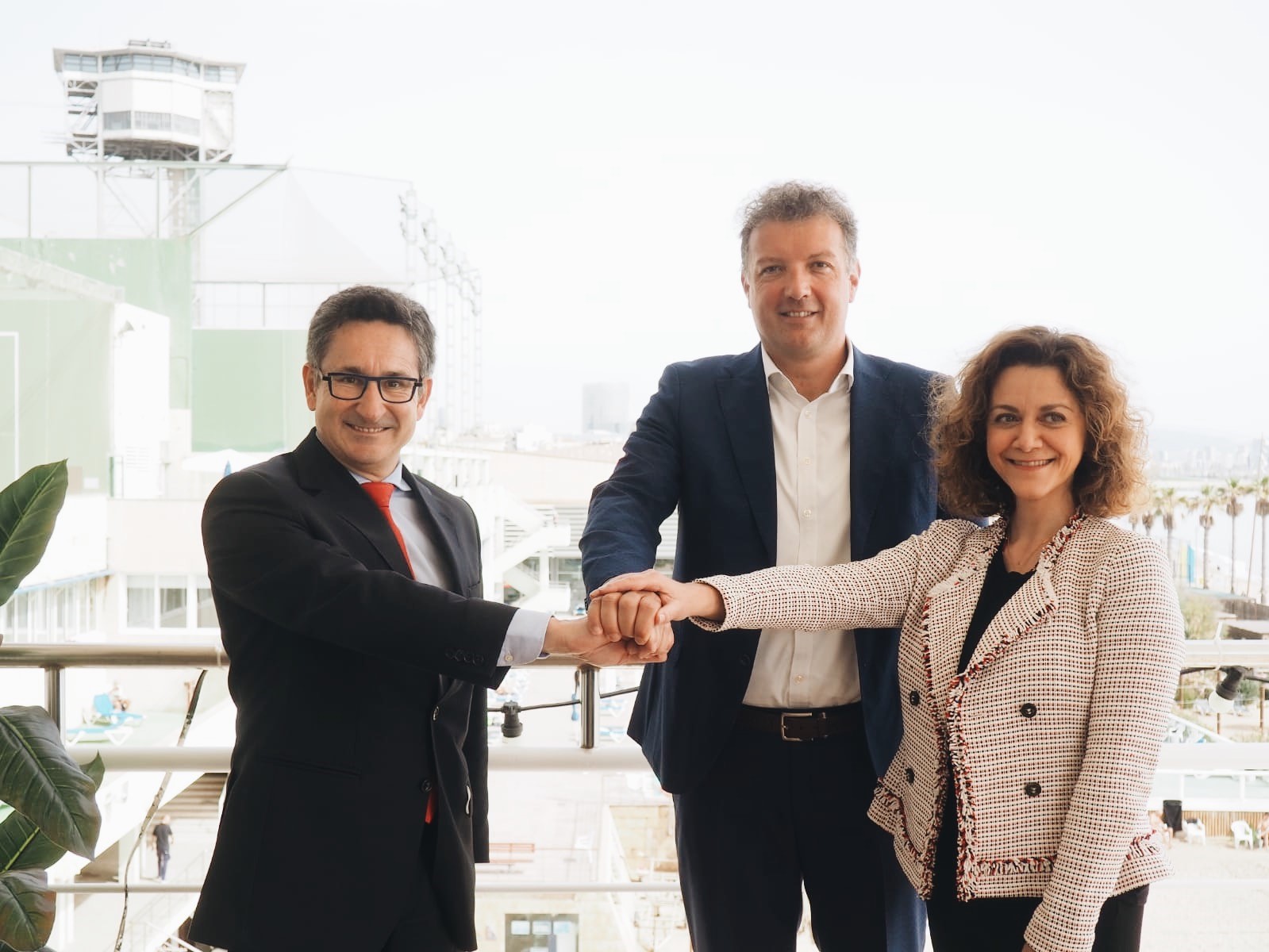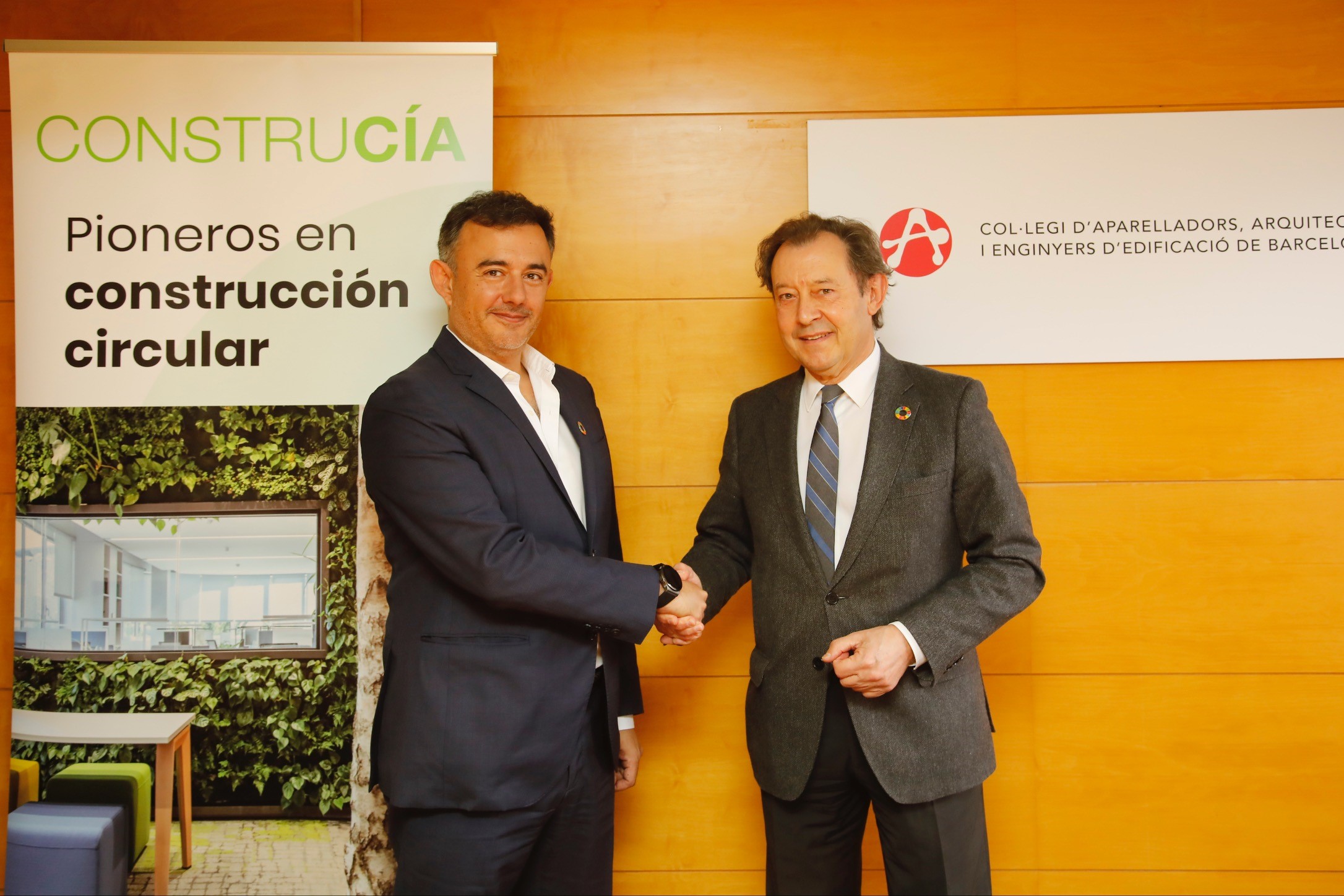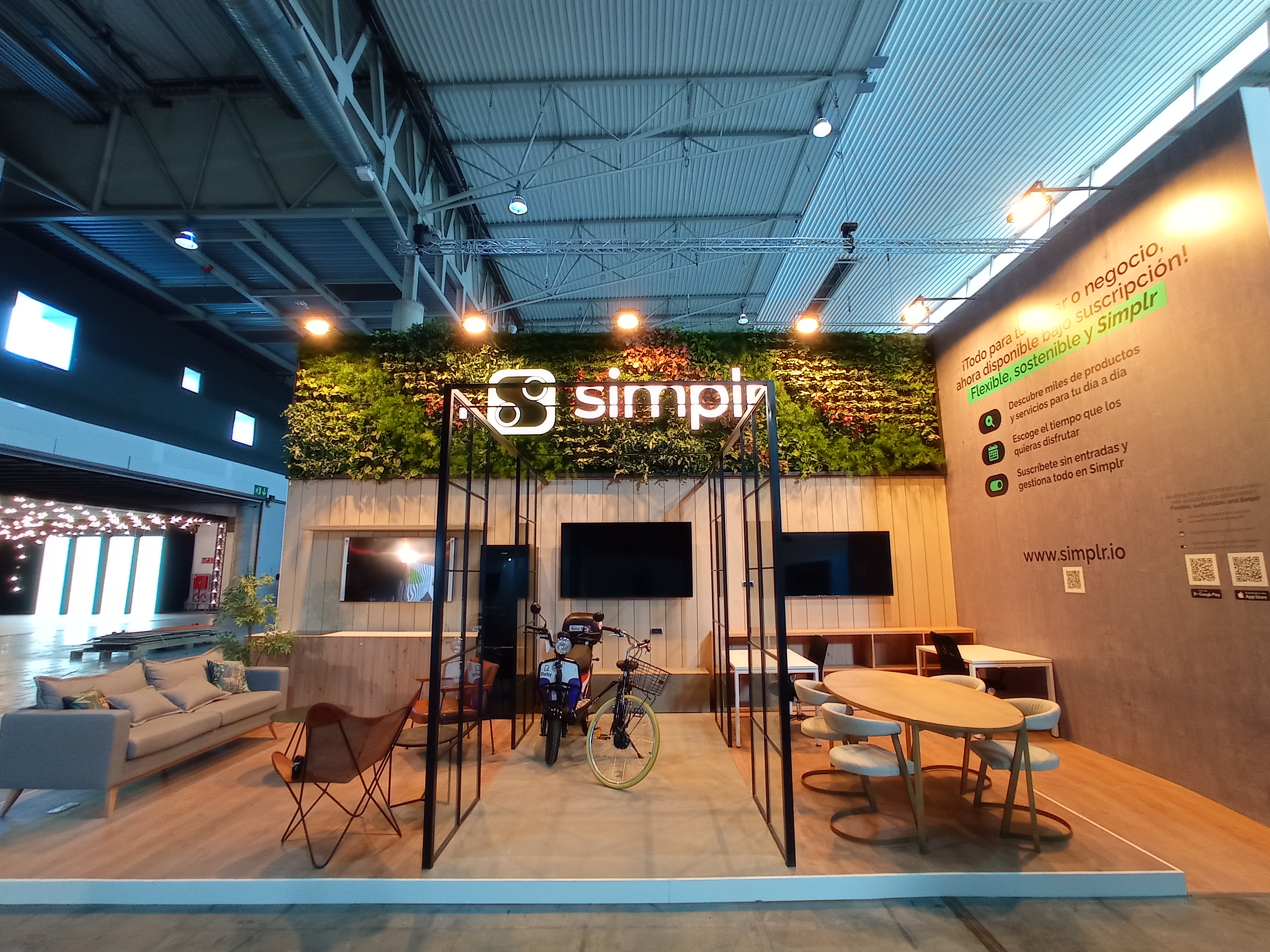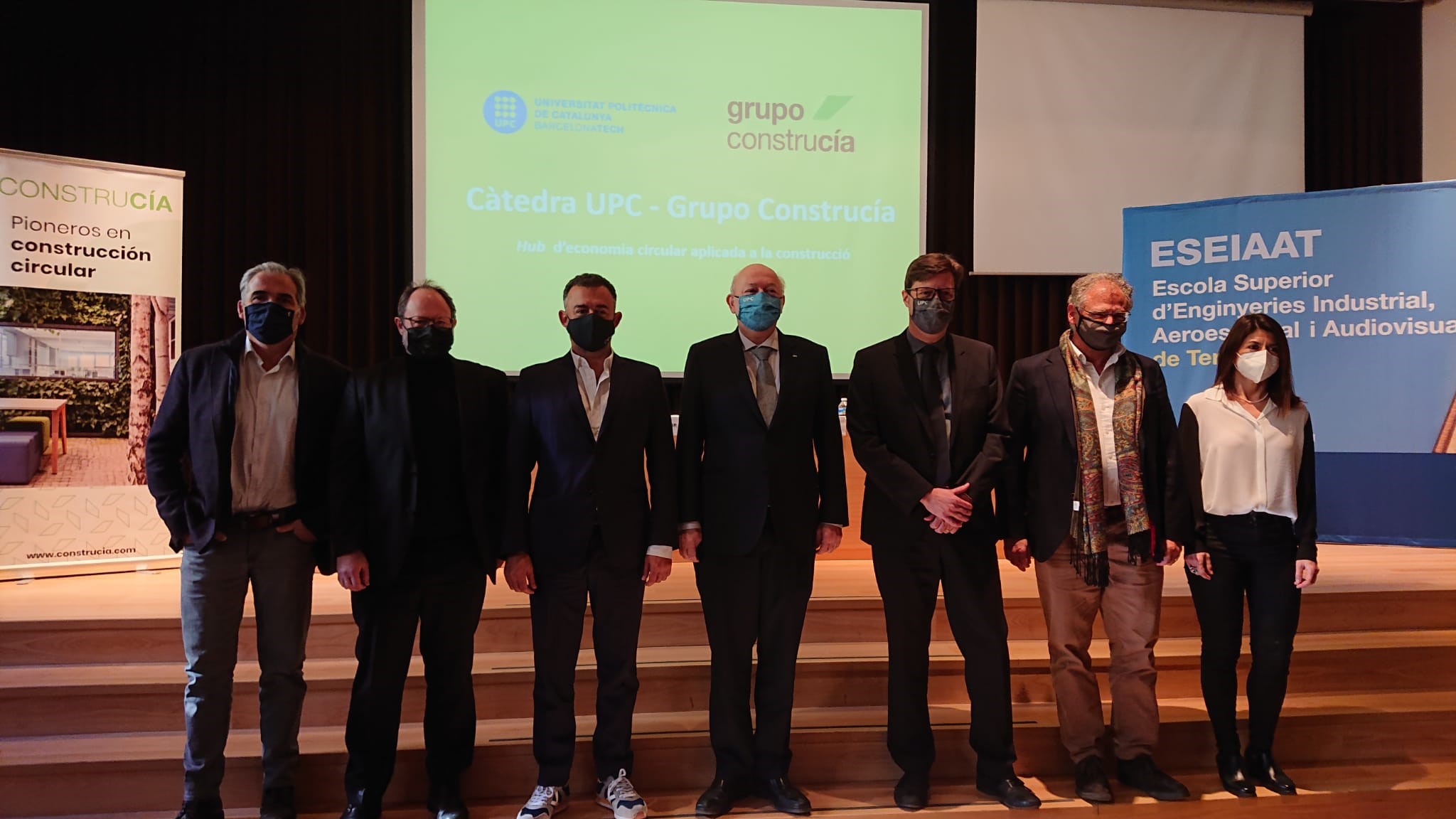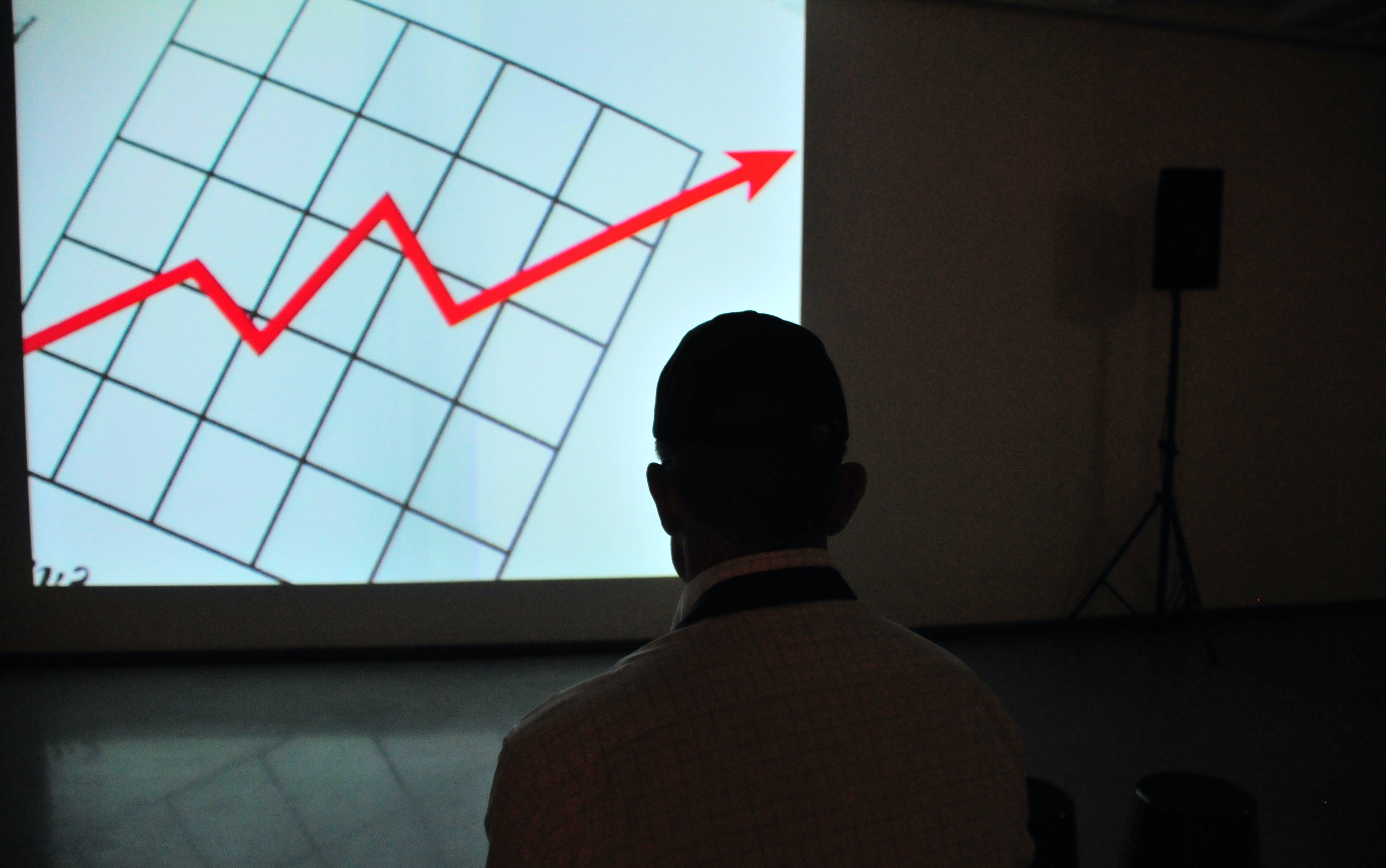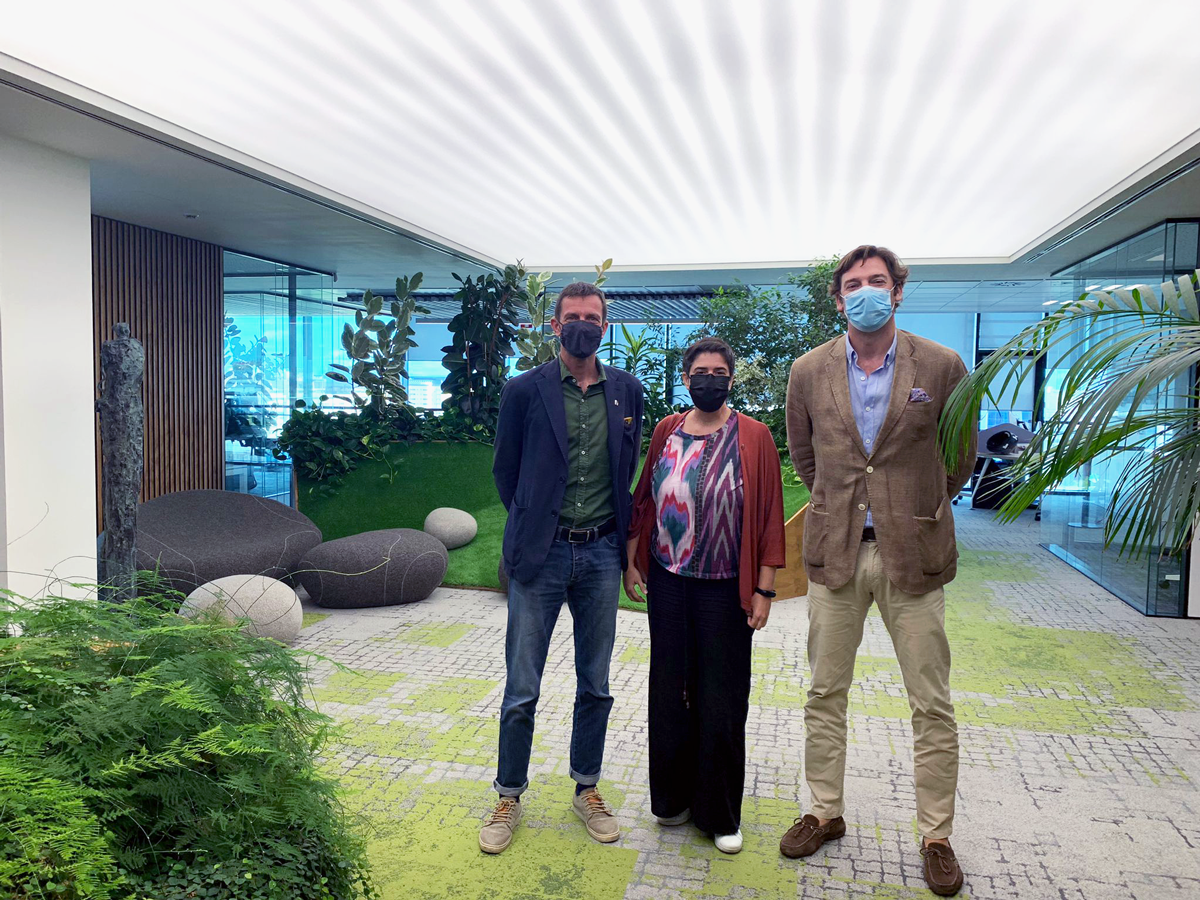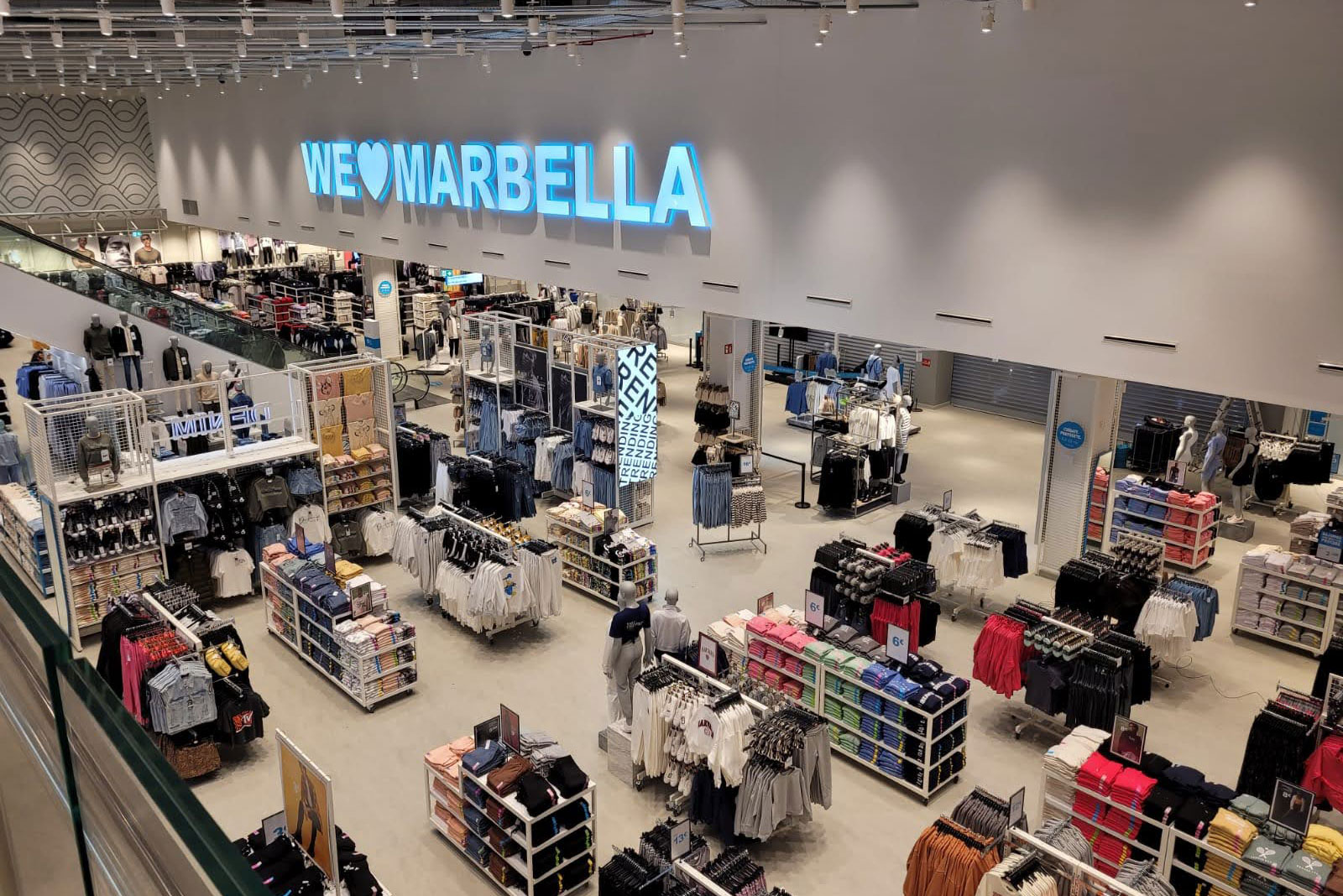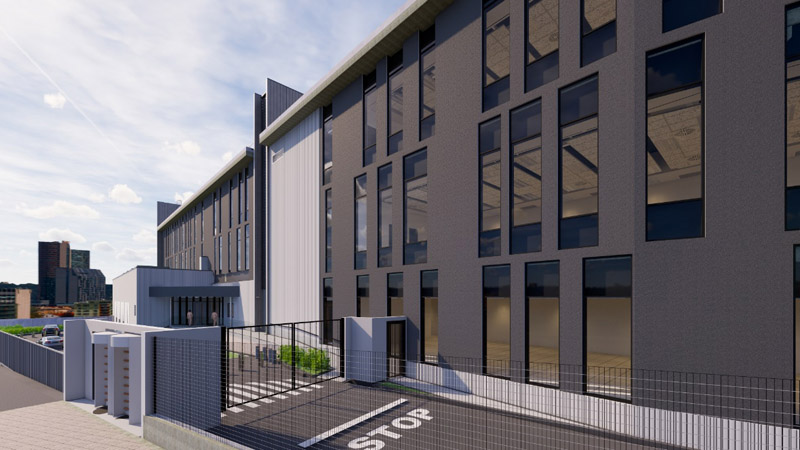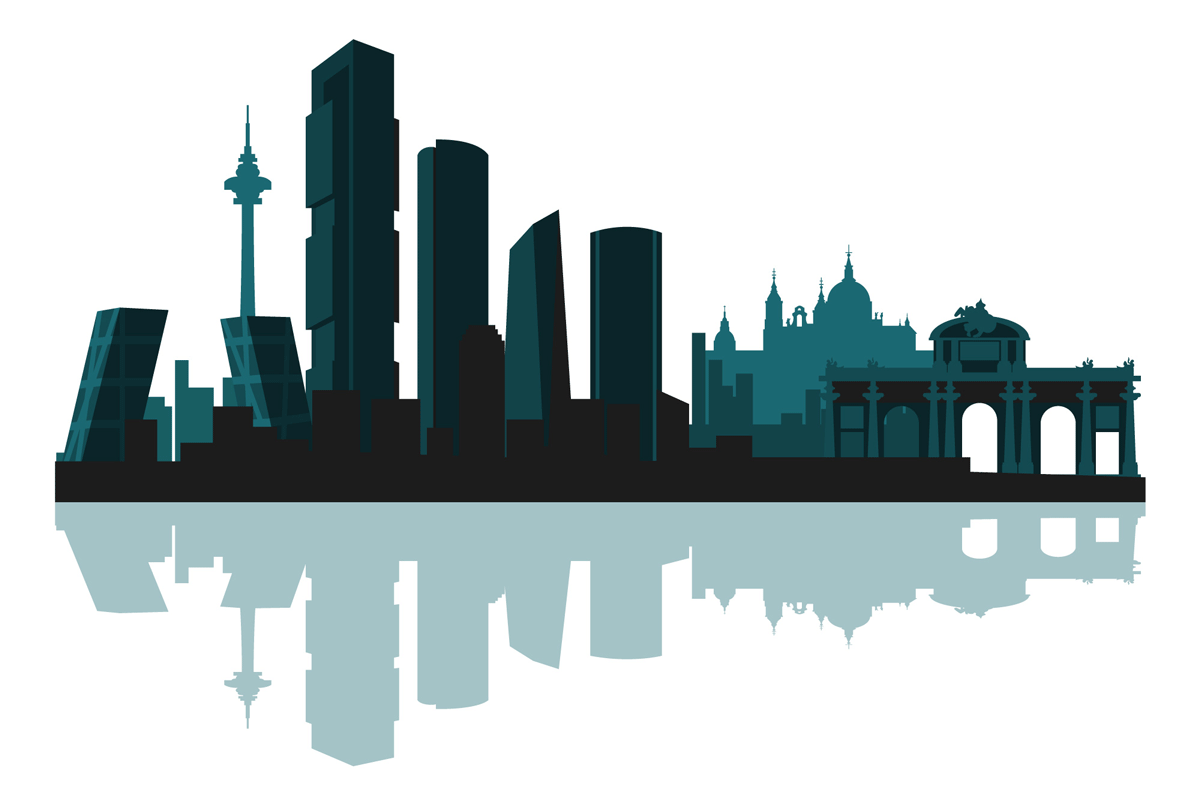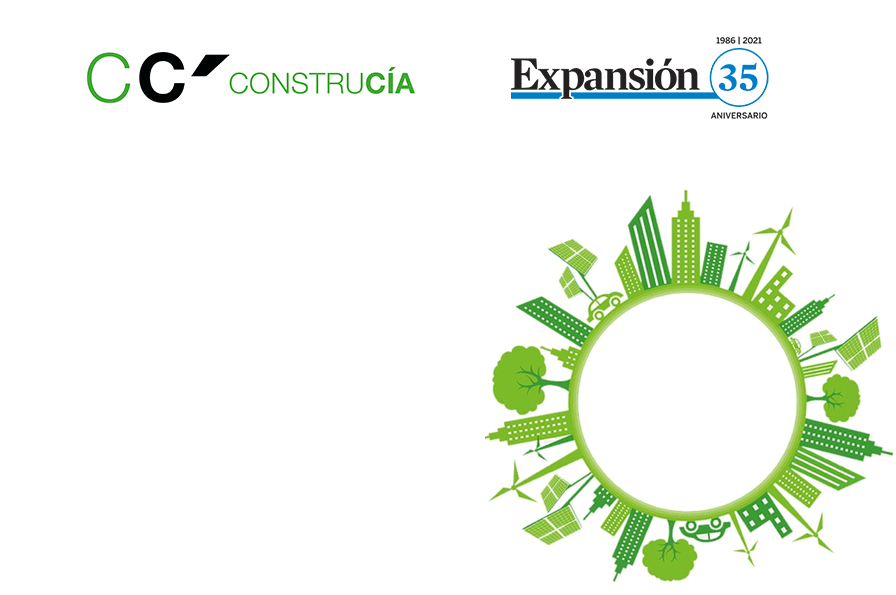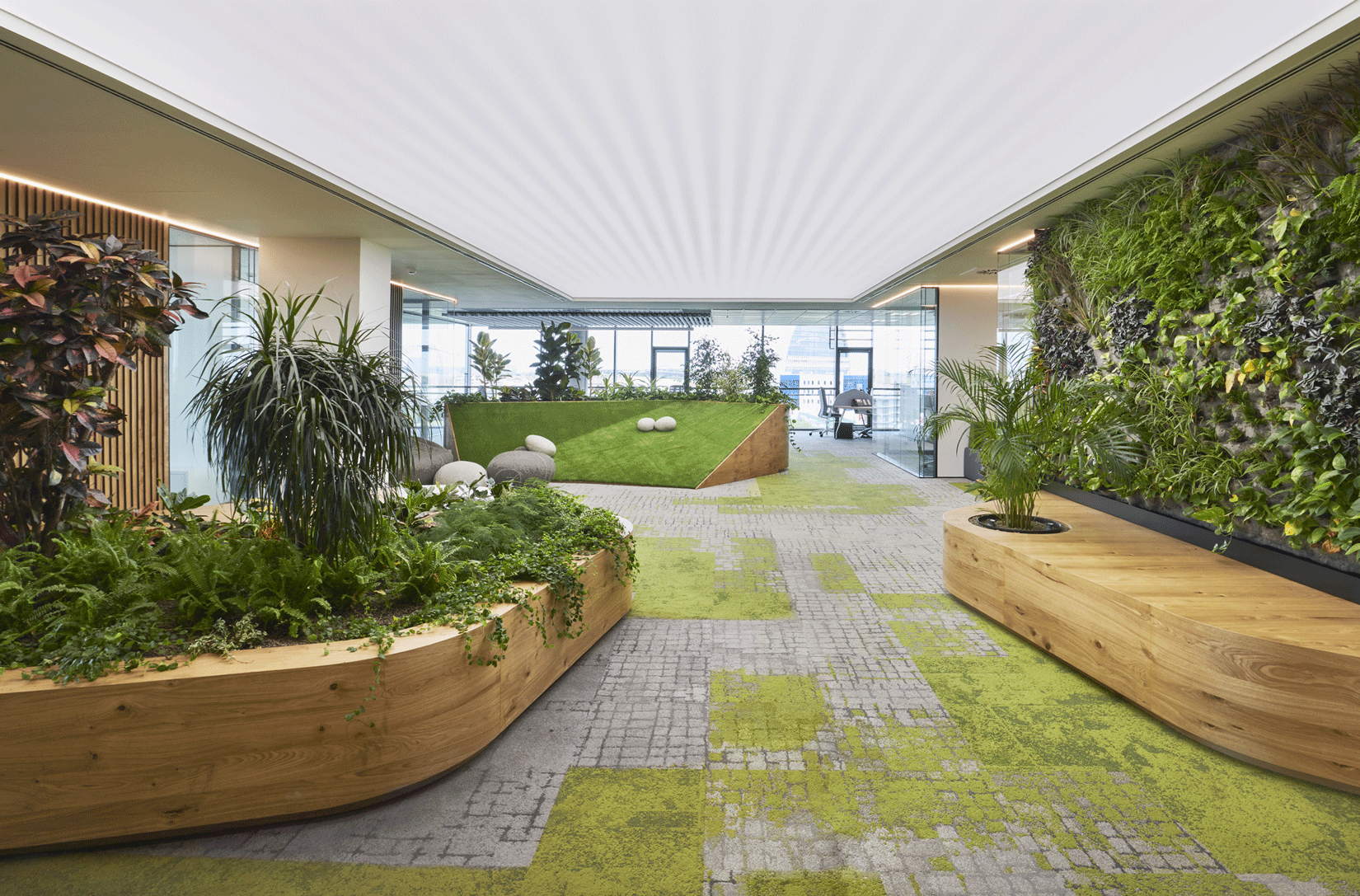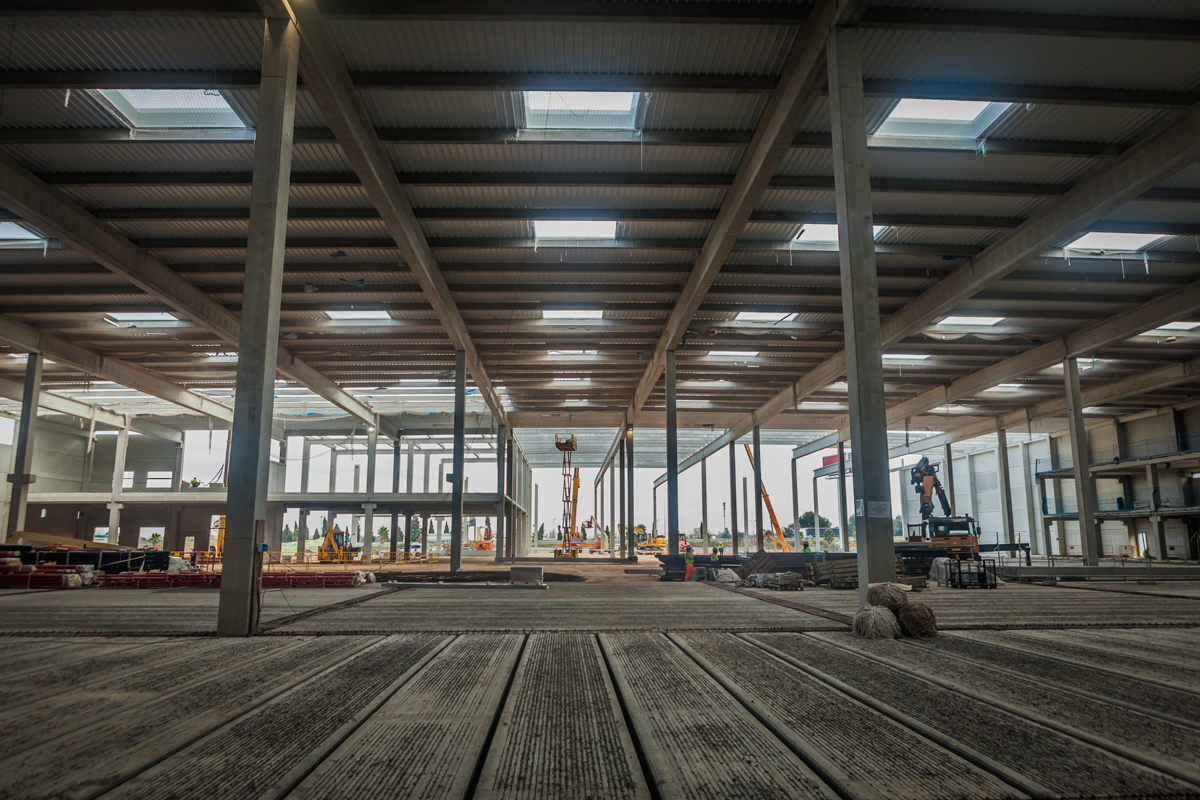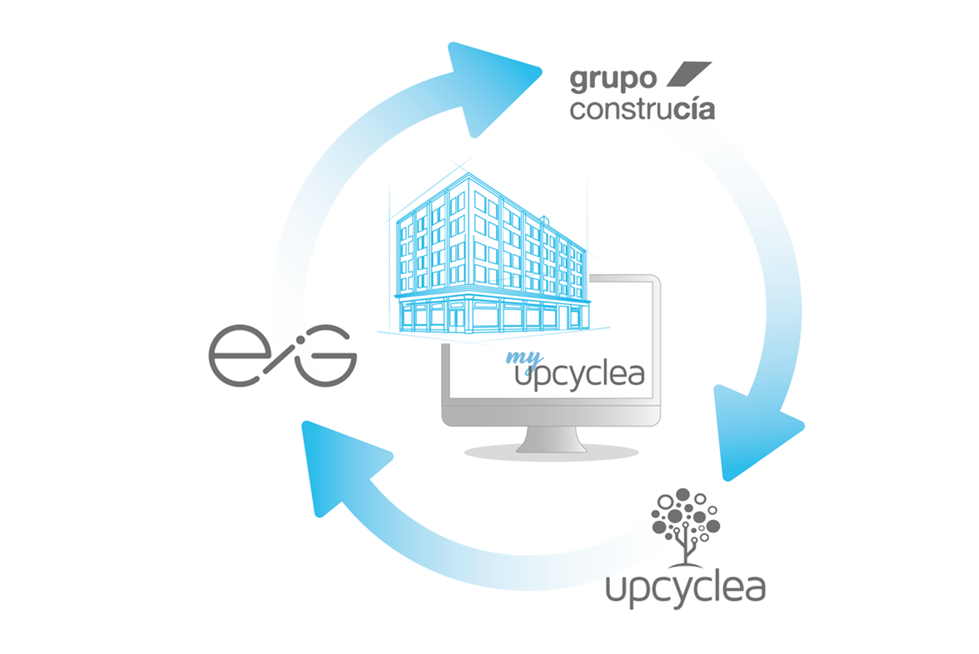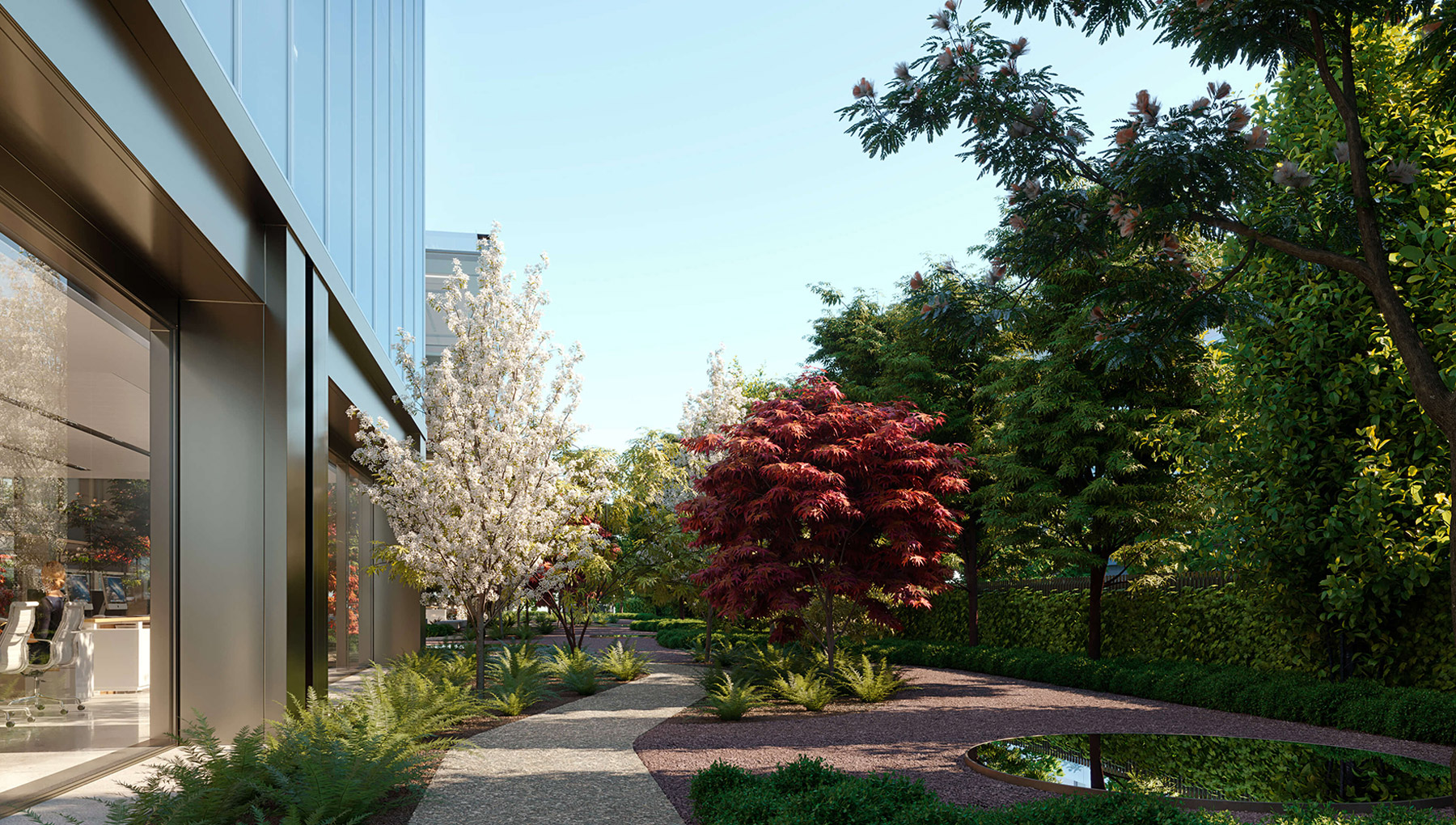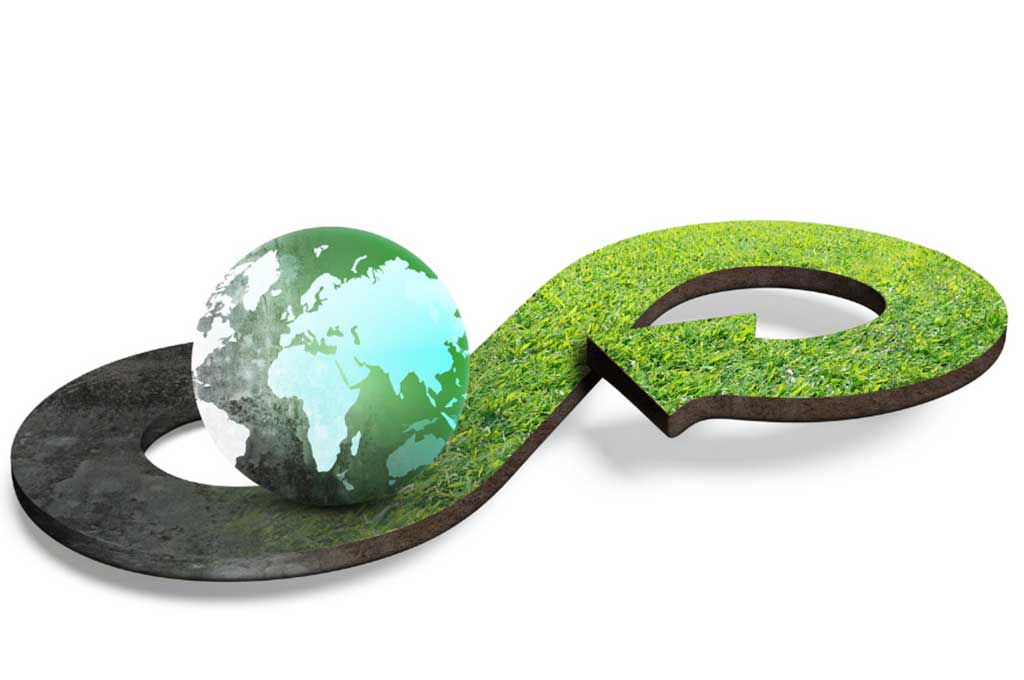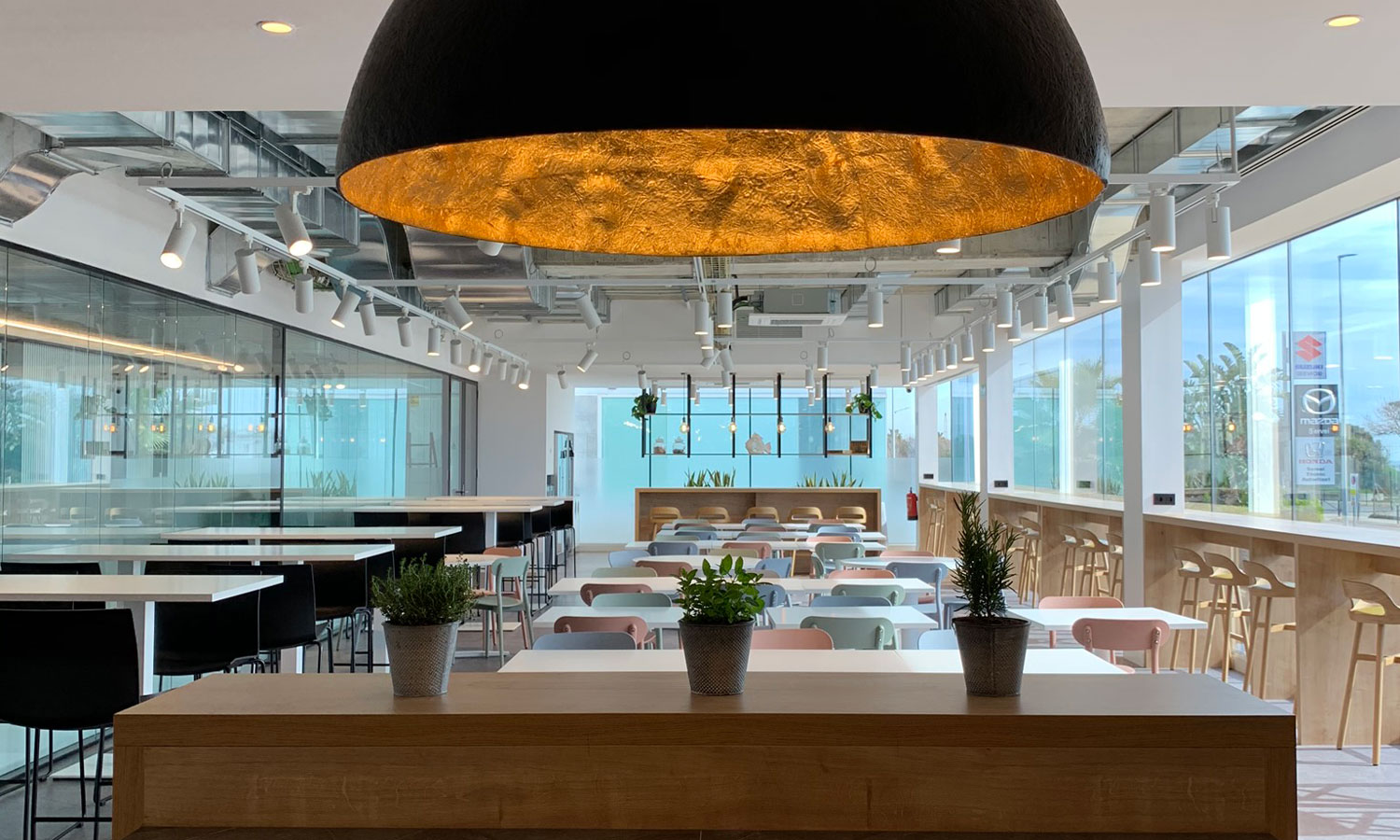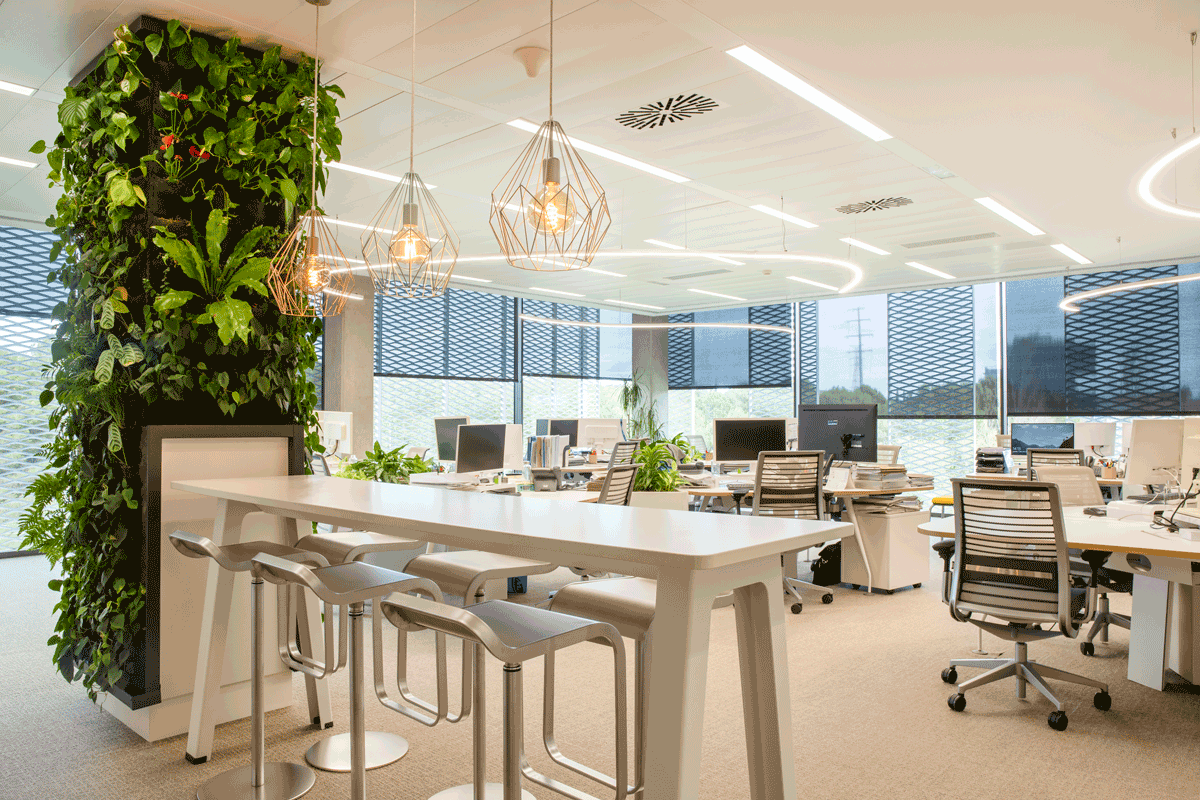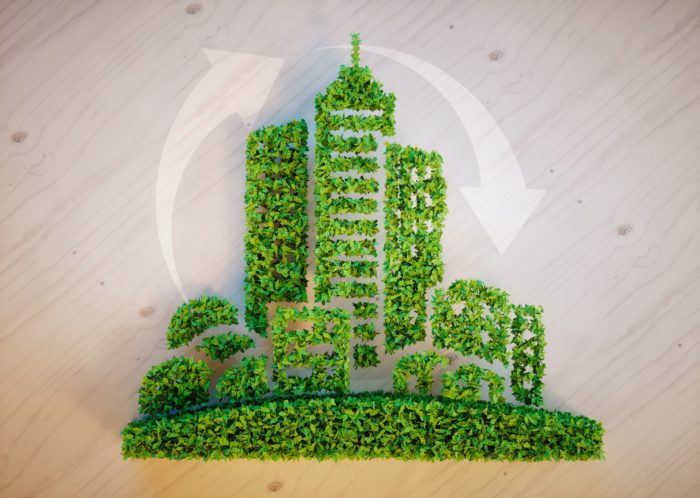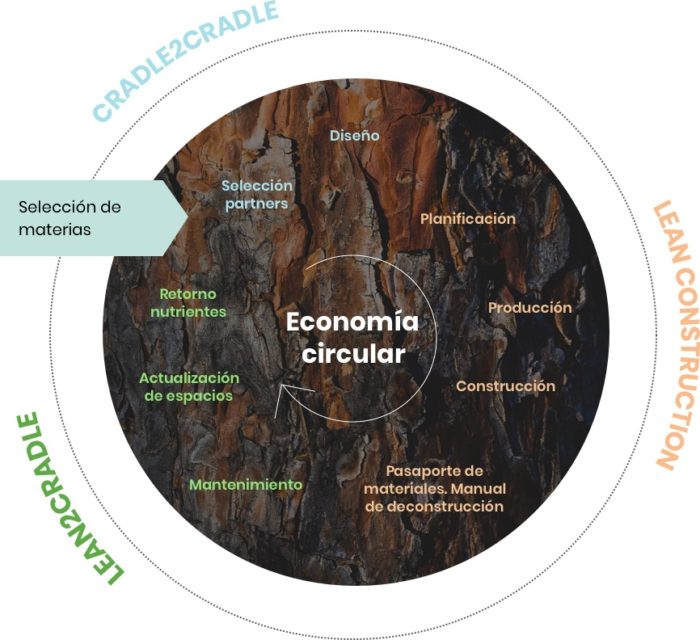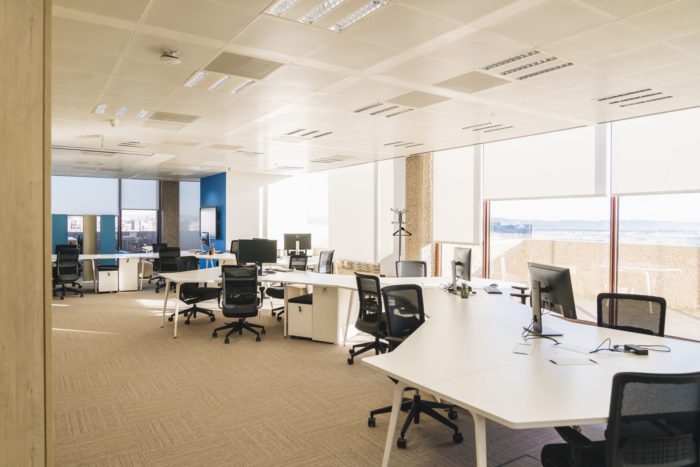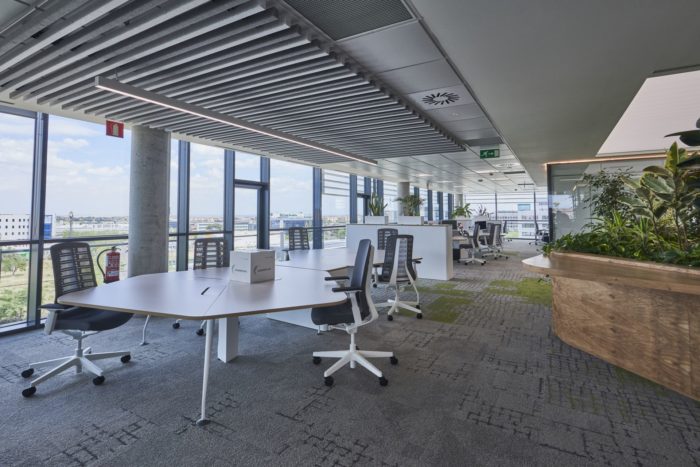Construcía and the Spanish Strategy of Circular Economy
In recent weeks the news have been very much marked by policies on environment and the preservation of natural resources. With the approval of the Estrategia Española de Economía Circular: España Circular 2030 (Spanish Strategy for Circular Economy: Circular Spain 2030), the Preliminary Draft Law on Waste and Contaminated Soil and the Spanish Royal Decree on the traceability and transfer of waste, the more than necessary trend towards a more sustainable and beneficial model for people and the environment can be envisaged. These three are elements that the Spanish Government wants to use as a lever for economic recovery after the Covid-19 crisis.
Population figures estimated for 2050 indicate that it would take 3 planets Earth to provide the natural resources necessary to sustain current lifestyles. With this data confirmed, a change in the economic model is imperative: it is time to move from a linear to a circular model. In the circular economy, the value of resources and products is optimised by minimising the generation of waste and generating a positive impact on people's health, the economy and the environment.
The construction sector is at the centre of many of the actions included in "España Circular 2030" as it is the cause of the generation of between 25 and 30% of waste in the European Union and continues to represent an important part of our country's GDP.
As part of the sector and being aware of this necessary transformation, at Construcía we have been applying the principles of the circular economy to the projects we execute for a long time. The best way to reactivate the construction sector is to develop projects that, beyond complying with current sustainability standards, are planned with the future in mind. We build today's buildings with tomorrow in mind. They are flexible buildings that are designed by planning the possible uses that the materials and products installed will have, once the building's useful life is over. This way, the principle of cyclability of the circular economy is fulfilled, where the waste of one system becomes a nutrient for another and a circle is created in which the waste ends up disappearing.
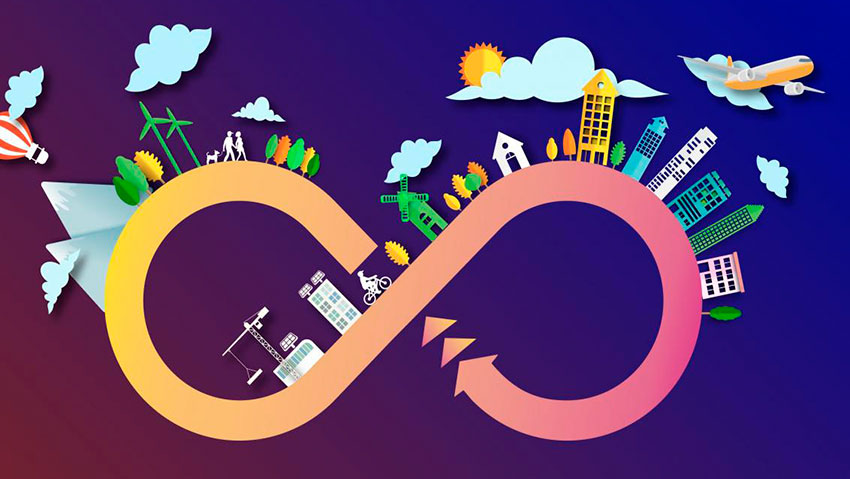
Circular construction with a positive impact
We assume that the important thing is not to build less bad spaces, but to ensure that they have a positive impact on people, the economy, society and the environment. One of the actions put forward in the Estrategia Española de Economía Circular is a 30% reduction in national consumption of materials and a 15% reduction in the generation of waste, with respect to 2010. Thanks to the application of the circular economy and our Lean2Cradle® Construcía methodology these figures are feasible and even easily honed. We take into account the design, cyclability and traceability of raw materials in order to eliminate waste, generate economic, ecological and social benefits, add value to materials and resources, mitigate climate change and generate positive impact on society.
An example of a healthy building, built under the principles of the circular economy, is Socrates Building, where 93% of the materials installed are Cradle to Cradle certified. This implies that they are free of toxic elements and they are healthy, having defined, from the moment of the building's design, a cycling path.
The Estrategia Española de Economía Circular (EEEC by its acronym in Spanish) is aligned with the objectives of the European Union's two circular economy action plans, "Closing the loop -An EU action plan for the Circular Economy" from 2015 and "A new Circular Economy Action Plan. For a cleaner and more competitive Europe" from 2020, as well as with "the European Green Deal" and the "2030 Agenda" for sustainable development. Measures which make us increasingly aware of the need for a path towards the circular economy.









